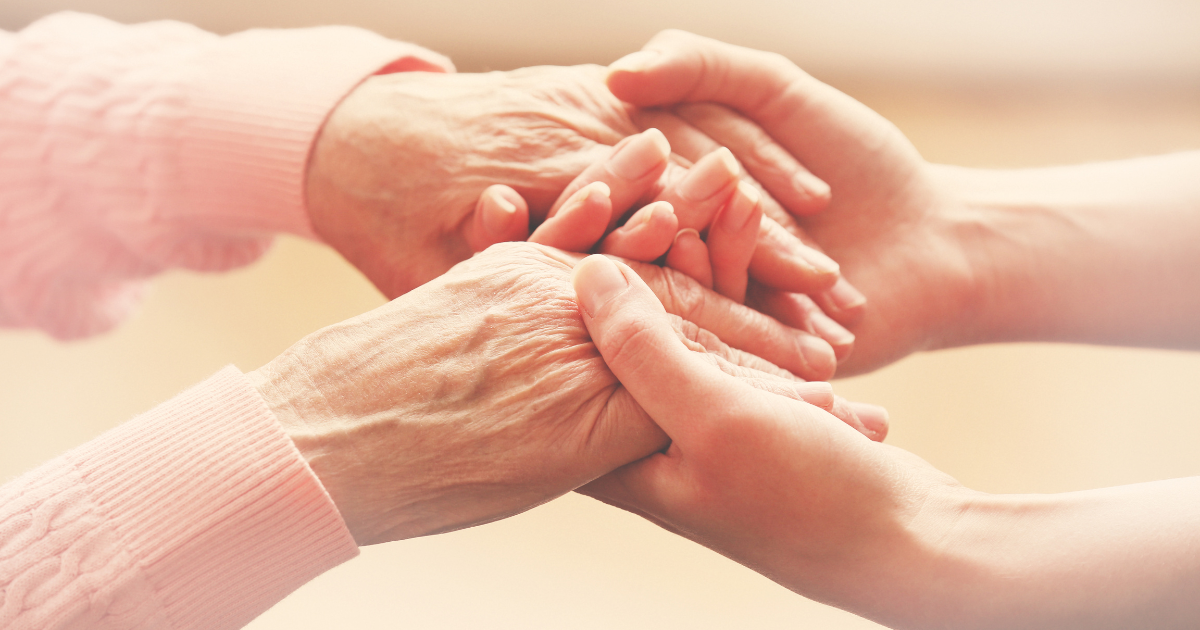While some of us have managed long term pain due to accident or injury, a recent study that was funded by National Institutes of Health showed that over 50% of seniors struggle with persistent or chronic pain. Where does it come from? And when pain lasts over time, how do we manage it and how does our body adapt and respond?
What is chronic pain?
Pain is an unpleasant sensation occurring anywhere in the body due to injury, disease or illness. Pain is a symptom and is not normally occurring. Chronic pain is defined as pain that lasts over 90 days or 3 months. Despite the cause, if pain or discomfort is consistent for more than 90 days, it is considered chronic.
Possible causes of chronic pain in seniors
While each pain feels unique, chronic pain is generally caused in seniors by the following situations:
- Arthritis. Whether rheumatoid or osteoarthritis, the long term pain associated with both of these forms of arthritis is challenging to manage on a daily basis. The pain tends to be dull, grinding and constant.
- Osteoporosis. Sharp pains in the spine and difficulty recovering from injury makes this a common chronic pain contributor.
- Sarcopenia This is a condition characterized by loss of skeletal muscle mass and function. Primarily is a disease of the elderly.
- Trauma or Injury. Injuries from our youth can cause and contribute to long term pain.
- Digestive disorders. Irritable Bowel Syndrome, Celiac Disease gastroesophageal reflux disease or other stomach ailments also contribute to chronic discomfort as we age.
Effects of chronic pain on daily life
Ongoing pain and discomfort affects our daily lives in many ways:
- Lack of or loss of sleep
- Pain can worsen mental and cognitive ability
- May increase or be cause of depression or ongoing distress
- Can reduce social activity, thus increasing isolation
- Impacts coping and stress management skills
Chronic pain management in seniors
Pain assessment in older adults can be difficult to gauge accurately. The older population is the most under-reporting of chronic pain across the generations. Many of us have been raised to grin-and-bear-it and may not fully disclose how much pain we’re actually in.
To avoid ambiguity, using a pain scale of one to ten is the best way to have your pain assessed. Speaking with your physician if pain or discomfort has lasted over 60-90 days is crucial and should be done immediately.
When managing long-term pain, the following tips may be useful:
Get assessed by your physician, including telling the doctor all history of the pain
- Working with your doctor, develop a management plan-of-care strategy
- Physical or Physio Therapy
- Medication Therapy
- Cognitive-behavioral therapy
- Meditation or Yoga
- Exercise
- Relaxation Techniques
- Heat or cold (based in input from your doctor)
- Acupuncture
- Chiropractic Treatments
- Stress Reduction Techniques
Wrap Up
When assessing and managing long term pain and discomfort with your physician, don’t forget to include injury prevention in your planning. Including things like watching your diet, exercising safely and regularly and reducing overall inflammation can be just as important as pain management. If you have any questions about your body and pains you may be having, speak with your doctor.
~ ~ ~
Do you have questions about how you can better support your loved one while they age in place in South Florida or regarding homecare in general? Please contact CareGivers of America here: Contact or call us toll free: 800-342-4197
To join our amazing mailing list where you’ll receive special content, click here.
*No information in this article is to be taken as advice, medical or otherwise. This post is not sponsored, but may contain external links to websites, articles or product examples. External links are used for example or refence purposes only and these links do not indicate specific product or website endorsement by CareGivers of America.



